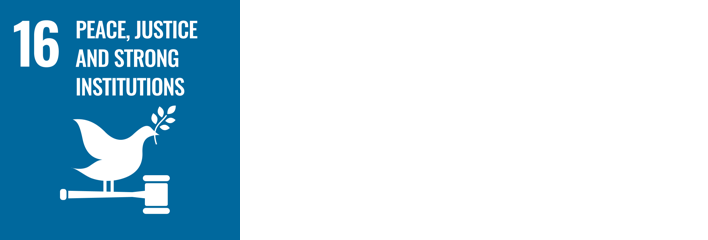Governance: Board Oversight and Business Ethics
As a financial services company, we recognize that we’re in a unique position of trust. That’s why unwavering integrity goes beyond a core value to simply being a part of how we evaluate everything we do. Our governance structure, prudent policies and active engagement with our employees underscore our commitment to always acting in the best interest of our clients, employees, communities and shareholders.
Board oversight
The company’s Board of Directors is a diverse group of strong leaders with executive experience that aligns with our organization’s business strategy. Brief biographies for our board members and senior management can be found on the “Our Leadership” section of our investor relations website.
The board oversees the company’s overall strategic and reputational risks and regularly reviews the company’s credit, liquidity and operations, as well as the risks associated with each. Committees of the board focus on specific areas, including:
- Audit Committee: accounting and financial reporting, internal controls, and whistleblower complaints; also responsible for reviewing the company’s Environmental, Social and Governance Review.
- Credit Committee: credit and lending strategies and objectives.
- Risk Committee: risk management strategies, policies and practices that identify, assess, monitor and manage risk.
- Compensation Committee: compensation policies, programs and incentives.

Related documents
Standards of Conduct
The Audit Committee of the Board of Directors annually reviews and approves the company’s Standards of Conduct on which employees are annually trained and attest to. Each member of the Board of Directors takes an annual Oath of Office prescribed by the Office of the Comptroller of the Currency (OCC) and is bound by the company’s Code of Ethics.
Proxy Statement
The company’s annual proxy statement identifies responsibilities of board committees.
10-K
The company’s 10-K reviews a wide array of company performance factors, including any legal proceedings associated with fraud, insider trading, anti-trust, anti-competitive behavior, market manipulation, malpractice, or other related financial industry laws or regulations.
Business ethics
We provide annual training for all employees on our Standards of Conduct, compliance management requirements, BSA/AML (Bank Secrecy Act/Anti-Money Laundering) processes, physical security, risk culture and internal controls, risk reporting and awareness, and information security awareness.
The Board of Directors is also required to adhere to the company’s Code of Ethics in satisfaction of Section 406 of the Sarbanes-Oxley Act of 2002, the NASDAQ listing requirements and related regulations. As a national bank, each member of BOK Financial’s Board of Directors affirms their commitment to uphold the organization’s standards in its annual Oath of Office.
BOK Financial’s Chief Compliance Officer oversees the enterprise compliance program and reports to the Chief Risk Officer. The compliance program includes policies and procedures, annual training requirements, monitoring and testing, annual risk assessments and a complaint management program.
Compliance staff actively monitor line of business activities and governance to determine compliance with applicable regulatory requirements. Monitoring processes identify, track, and report issues discovered in the lines of business through formal risk assessments.
Independent monitoring and risk assessments inform the scope of testing performed by Corporate Compliance Management and Internal Audit.
Fraud risk management
BOK Financial is steadfast in its commitment to safeguarding our customers' assets from financial crimes related to fraud. Our Fraud Program and Identity Theft Policy are crafted to address the evolving threats posed by criminals intent on committing fraud against our customers. Effective fraud risk management at BOK Financial is anchored by several key pillars:
- Board-appointed fraud risk management officer: Tasked with coordinating and overseeing all facets of our fraud program, the Fraud Risk Management Officer ensures compliance with relevant regulations and reports directly to the Chief Risk Officer.
- Risk management: We have implemented an extensive array of preventative and detective controls aimed at mitigating fraud risks, thus ensuring a secure banking environment.
- Fraud reporting: Comprehensive reporting of fraud incidents—including losses, exposures, and trends—is regularly shared with key stakeholders/forums. Fraud events are reported to pertinent agencies, including Financial Crimes Enforcement Network (FinCEN), OCC, and law enforcement, as required.
- Employee training: Annual fraud prevention training is mandated for all employees, with specialized instruction tailored to specific roles. This training encompasses both regulatory requirements and organizational expectations concerning fraud and identity theft.
- Collaboration and intelligence sharing: In a concerted effort to stay ahead of emerging fraud trends, BOK Financial actively exchanges information with peer institutions, industry working groups, and law enforcement agencies.
BOK Financial understands the importance of safeguarding our customers and the wider community from fraud. We monitor, detect, and report instances of fraud such as identity theft, vulnerable persons abuse, scams, and check and digital transactional fraud.
